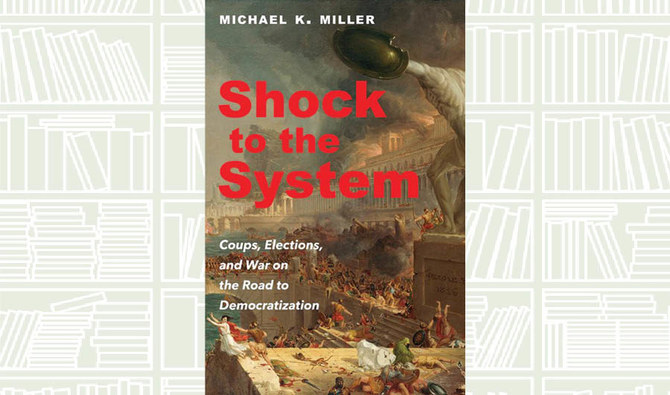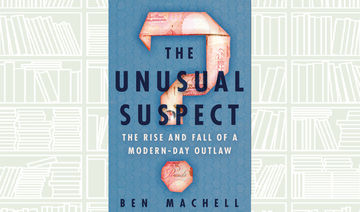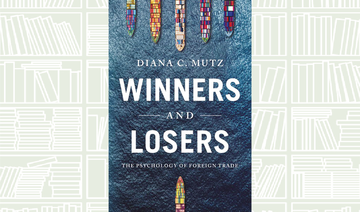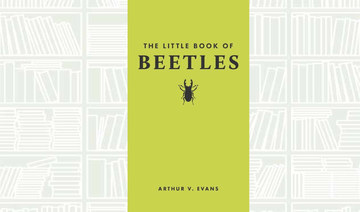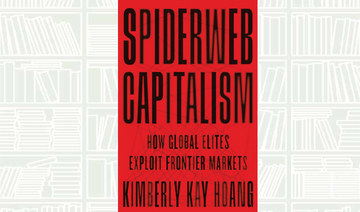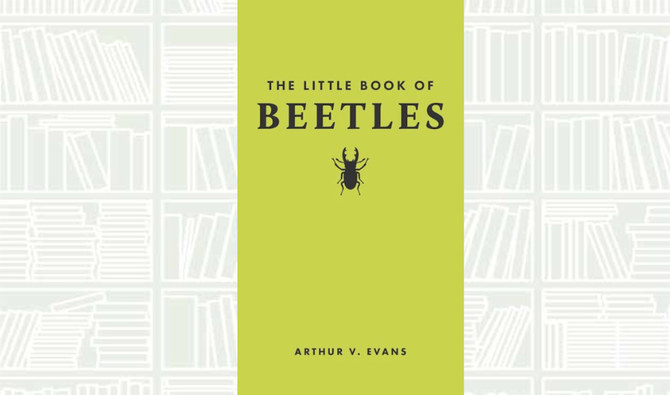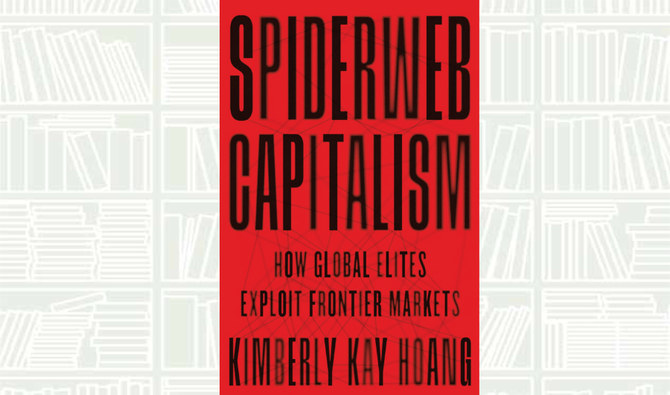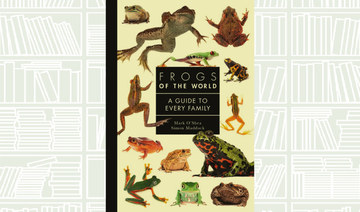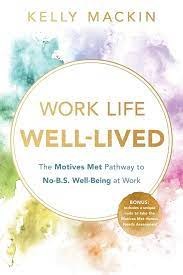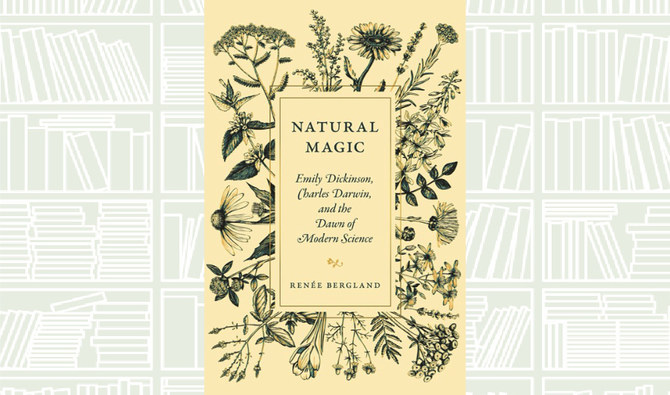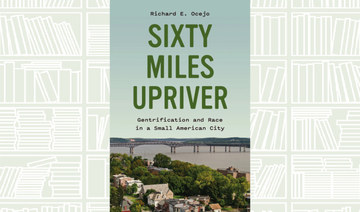Author: Michael K. Miller
How do democracies emerge? Shock to the System presents a novel theory of democratization that focuses on how events like coups, wars, and elections disrupt autocratic regimes and trigger democratic change. Employing the broadest qualitative and quantitative analyses of democratization to date, Michael Miller demonstrates that more than nine in 10 transitions since 1800 occur in one of two ways: Countries democratize following a major violent shock or an established ruling party democratizes through elections and regains power within democracy.
This framework fundamentally reorients theories on democratization by showing that violent upheavals and the preservation of autocrats in power—events typically viewed as antithetical to democracy—are in fact central to its foundation.
Through in-depth examinations of 139 democratic transitions, Miller shows how democratization frequently follows both domestic shocks (coups, civil wars, and assassinations) and international shocks (defeat in war and withdrawal of an autocratic hegemon) due to autocratic insecurity and openings for opposition actors. He also shows how transitions guided by ruling parties spring from their electoral confidence in democracy.



